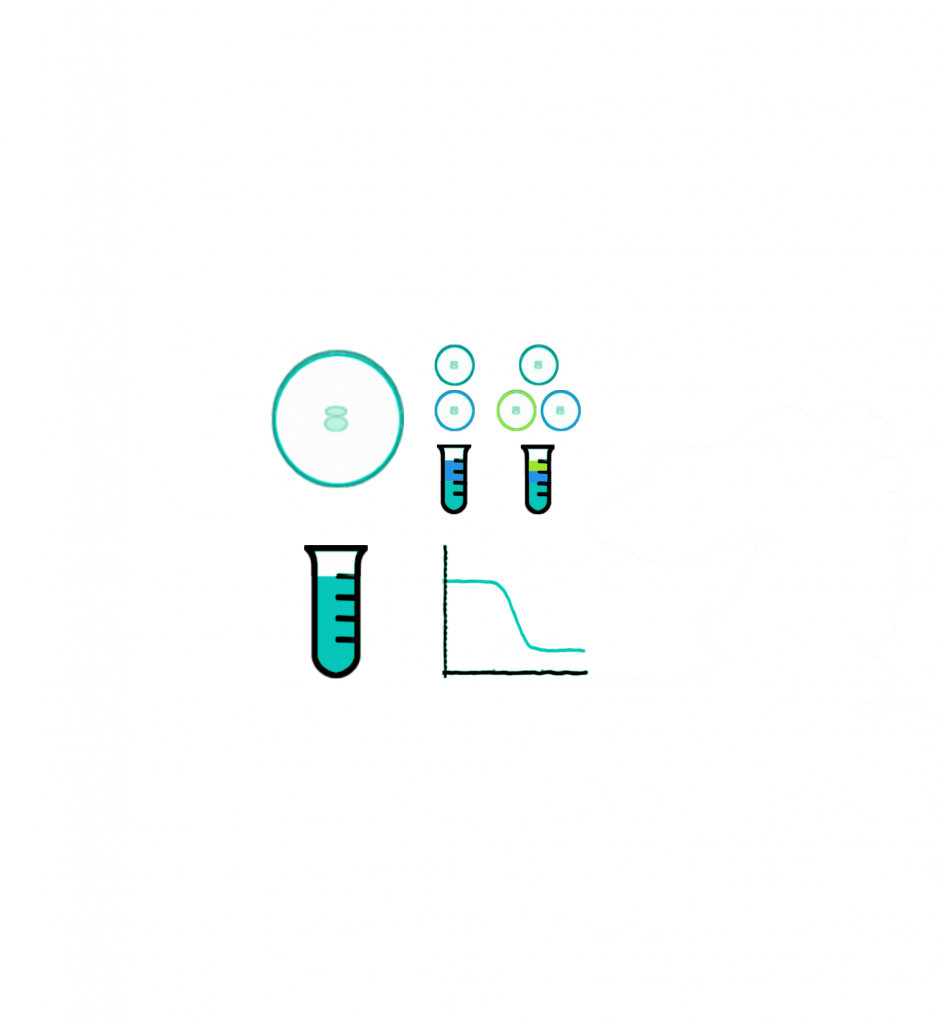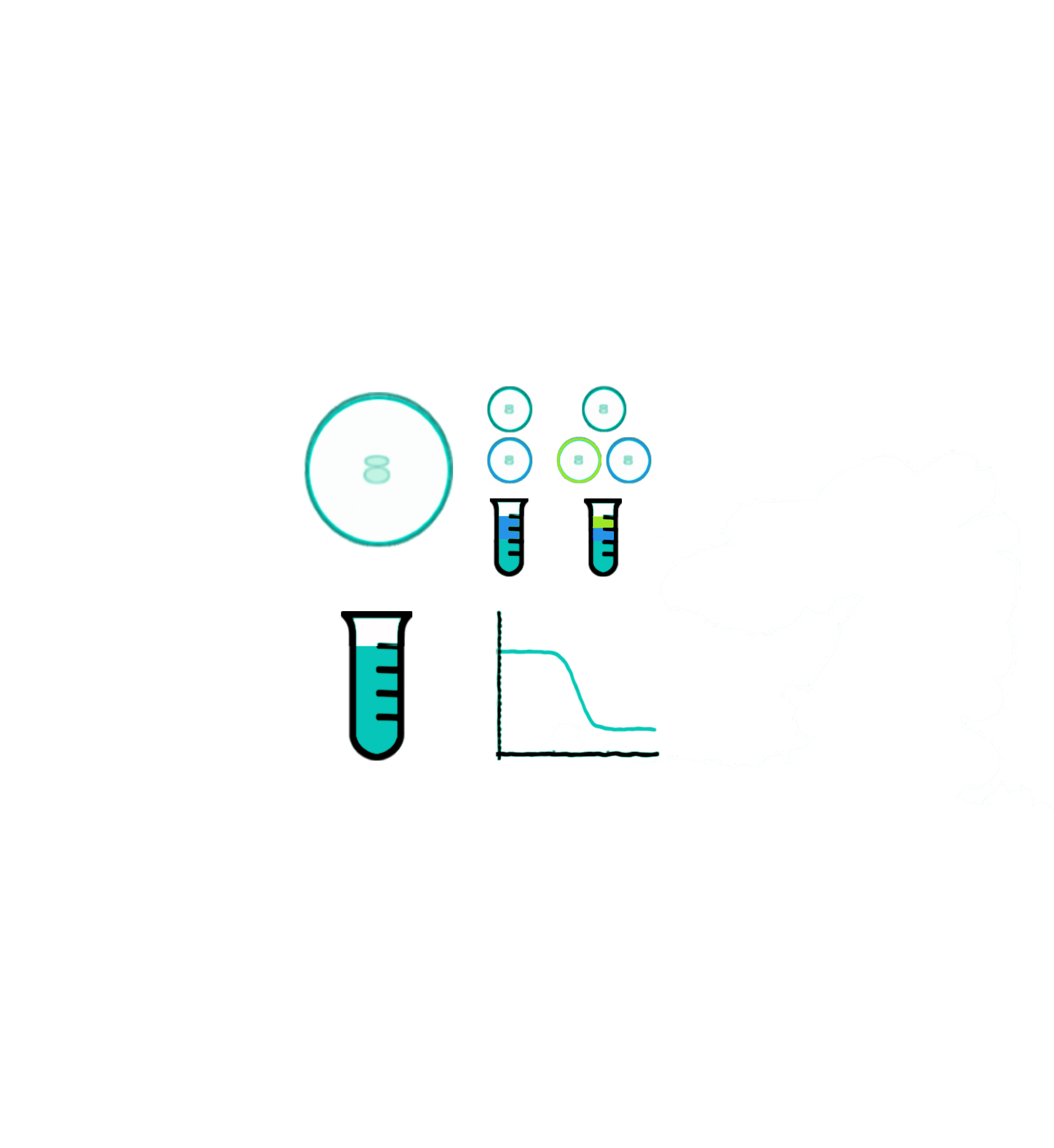
Pinheiro Group
Can we predict ecological and evolutionary processes?
Urgent challenges of modern medicine require understanding evolutionary processes of pathogens. But predicting evolution is a theoretical challenge. Evolutionary dynamics depend on cell metabolism and ecological resources. This complex interplay gives rise to strong nonlinearities generated by interactions that are often not captured by modeling individual parts – they require systems-wide modeling. Predicting evolutionary dynamics introduces further challenges: We must do systems biology across genetically different organisms and integrate stochastic processes operating at different scales. How can we distill this seemingly overwhelming complexity of biological evolution into simple, quantitative frameworks that can ultimately generate evolutionary predictions?
At the Pinheiro Group, we integrate theoretical and experimental research to develop a predictive framework for evolutionary processes under ecological complexity grounded on models of cell metabolism. We are a hybrid theoretical and experimental lab with a strong interest in understanding antibiotic resistance evolution in microbial communities. We combine systems biology approaches, evolutionary modeling, computational methods, data analysis, and data from evolution experiments, establishing a strong dialog between theory and experiments: We use theory to identify interesting regimes that can optimize experimental designs and biology to motivate new theoretical methods.
Get in touch for open positions!
Email: fernanda.pinheiro[at]fht.org
Group members
-
 Fernanda Pinheiro
Fernanda Pinheiro
Research Group Leader -
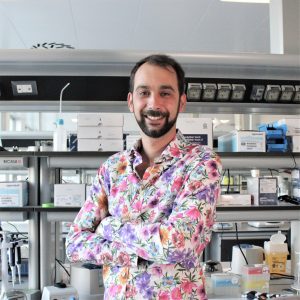 Fabrizio Angaroni
Fabrizio Angaroni
Postdoc -
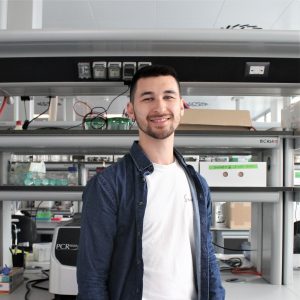 Claudio Del Fatti
Claudio Del Fatti
Postdoc -
 Alessandro Di Simone
Alessandro Di Simone
Undergraduate Intern -
 Nicola Dietler
Nicola Dietler
Postdoc -
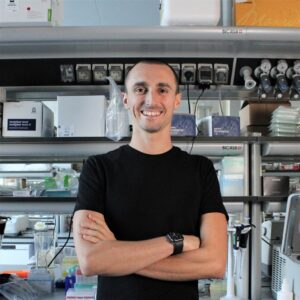 Stefano Marzorati
Stefano Marzorati
Technician -
 Adalberto Valsecchi
Adalberto Valsecchi
PhD Student
